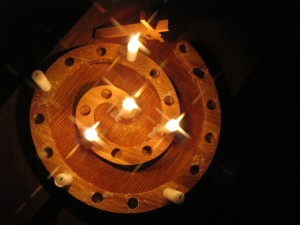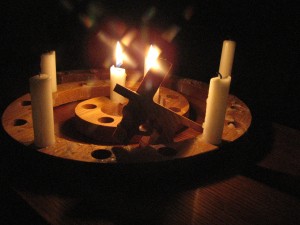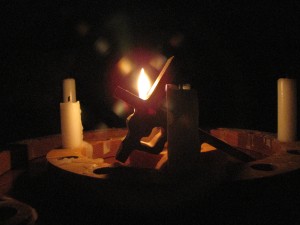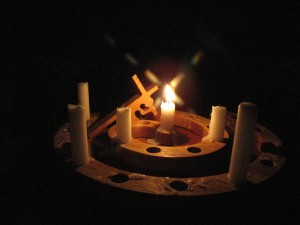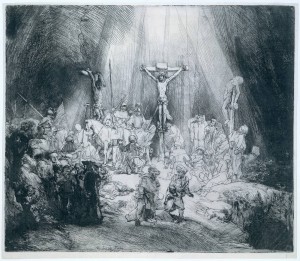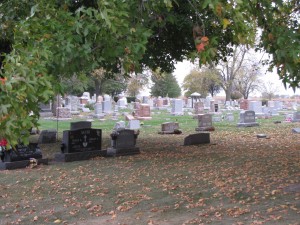To hear my blog post read aloud, just click the play button. If you’re reading this in an email, you may have to click here to hear the post on my site.
Amazing grace, how sweet the sound that saved a wretch like me.
I am only beginning to explore this journey that is Lent. This season was not a part of my faith tradition growing up, but it seems to be growing more popular among evangelicals these days.
This long season of Lent is not a frivolous sort of giving up as it appeared to a fairly oblivious teenage self (fasting from M&M’s anyone?) but a giving up for the purpose of giving away. It is a period of self-denial in order to become more unified with the Spirit of Christ.
It is a difficult thing to be unified with Jesus.
Gazing into the eyes of Christ for too long has frightening consequences.
When you stare at the cross, you find yourself looking at your own death, at your sin and its just consequence. You come face to face with all of the spiritual deformities that are in your own soul and find yourself tempted to turn away from the harsh reflection.
When you gaze at Christ crucified for these forty days that are Lent, you are pulled close to the grace and forgiveness of your death finished for you. But it is a dangerous grace.
This grace is one that does not leave you unfinished. It is a grace that purges and renews.
The purpose of Lent is to awaken in you a sense of your own sin, your guilt for your sin, and your sorrow over your sin.
The purpose of Lent is to awaken “the sense of gratitude for the forgiveness of sins. To (awaken) or to motivate the works of love and the work for justice that one does out of the gratitude for the forgiveness of one’s sins.” (Edna Hong in Bread and Wine)
This grace can only be approached at the end of Lent.
It is a long journey, these forty days.
It is a necessary journey, one that fights the apathy and smugness of this world in which we often find it easy to spot deformities in the souls of others and find it also easy to turn away from the crippled places of our own souls.
Yet we do not travel this path of Lent alone.
God’s Spirit Himself travels with us, maneuvering us down this steep path that ends at the foot of the cross.
As we stand at the foot of the cross, stripped of our illusions about ourselves, we gaze at the battered and broken body of the One who came to rescue us.
This body of Jesus that is our grace. This grace that brings fire. This fire that purges and cleanses and does not consume but instead resurrects us into a new self.
It is beautiful, this amazing and dangerous grace.
When through fiery trials your pathway shall lie
My grace all sufficient shall be your supply.
The flame shall not hurt you, my only design
Your dross to consume and your gold to refine.
~ How Firm a Foundation
edited from the archives
Credit to Edna Hong and Walter Wangerin in Bread and Wine for many of the ideas in this post.
Photography is copyright Made Sacred 2018
Book links are affiliate links which allow you to support this website when you purchase a book, at no extra cost to you. Thank you for your support.


